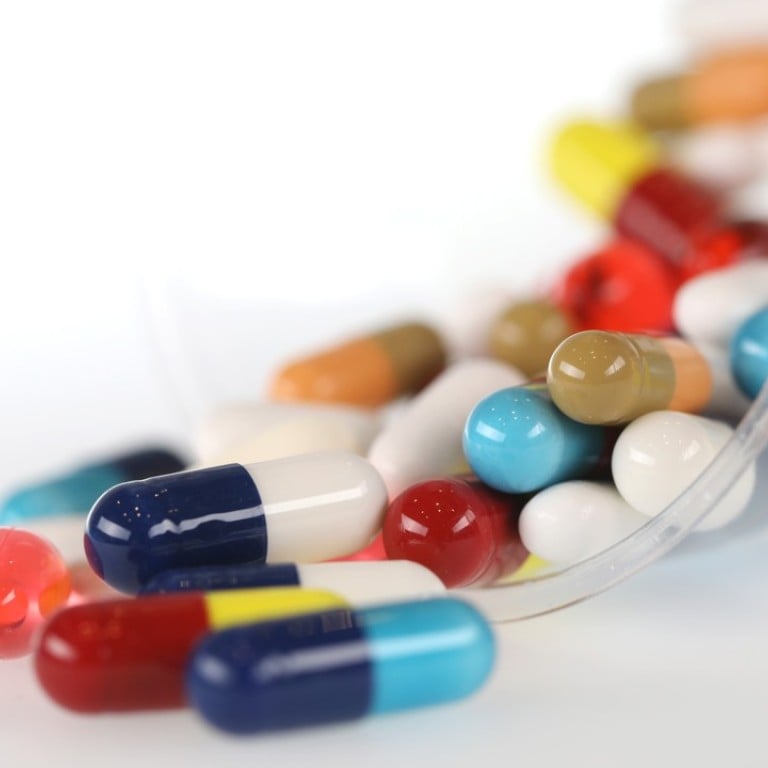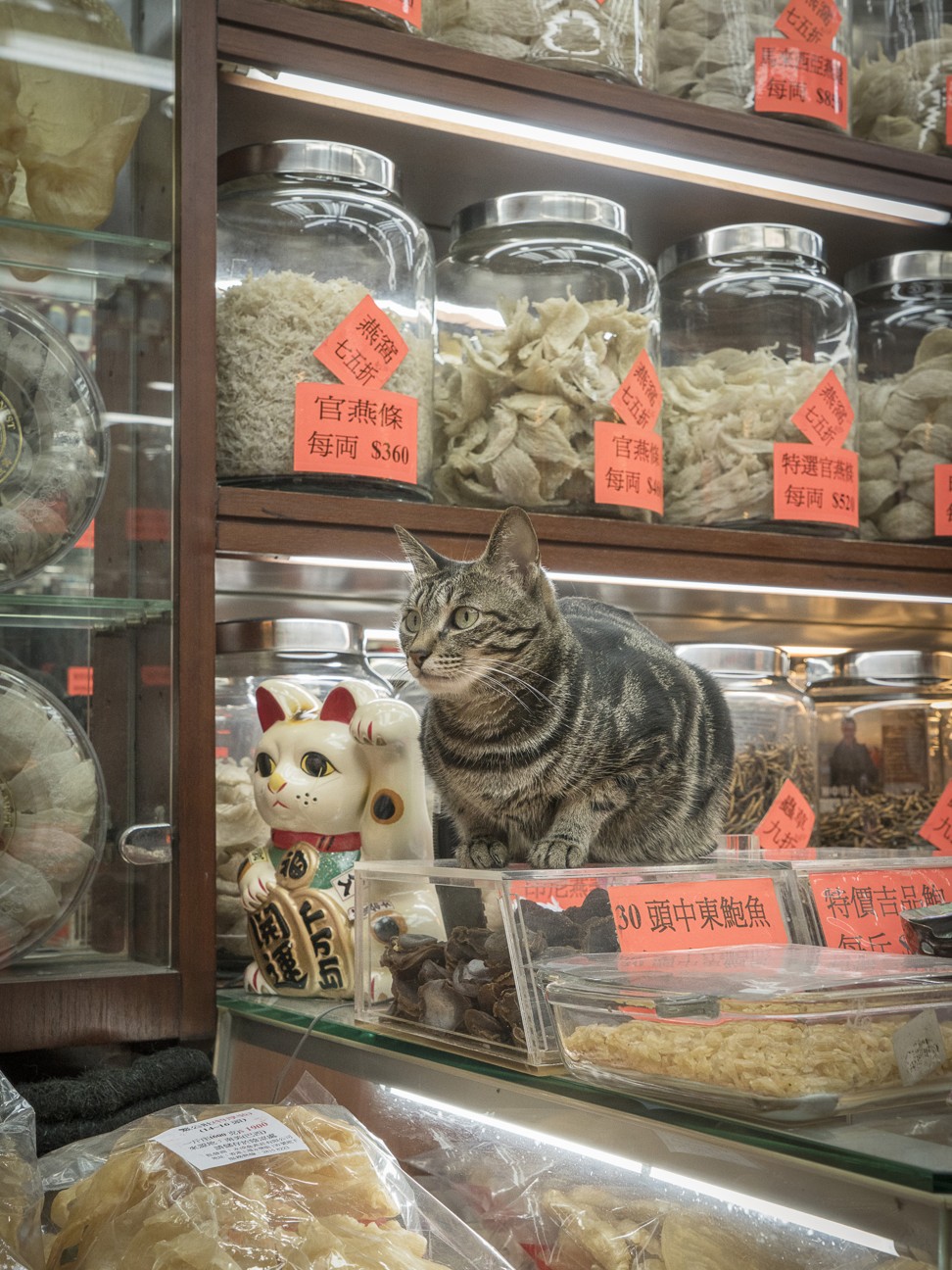
Pharma deal could prove among sector’s biggest consolidations yet
CR Pharma agrees to take controlling stake in state-owned rival Jiangzhong, as China seeks to slash medicine costs and improve quality assurance
China Resources Pharmaceutical Group (CR Pharma), one of the nation’s largest drug makers and distributors, has confirmed it is in talks to buy a controlling stake in the country’s fifth largest Chinese traditional medicine maker, as part of industry consolidation encouraged by Beijing to cut health care costs.
Hong Kong-listed CR Pharma’s move on state-owned Jiangzhong Group is part of a “long-term strategic cooperation” pact the firm wants to forge with the Jiangxi government, and is aimed at “promoting development” of the province’s pharmaceutical industry, it said in a stock exchange filing on Wednesday. The company’s shares closed up 3.38 per cent at HK$11 (US$1.4).
Jiangzhong is 41.54 per cent-owned by the provincial government, and also owns a 43.03 per cent stake in Shanghai-listed Jiangzhong Pharmaceutical, which had a market capitalisation of 7.6 billion yuan (US$1.19 billion), before it was suspended from trading on May 2.
At current prices, the deal could be worth in excess of 3.9 billion yuan, making it one of the largest pharmaceutical deals yet within China’s consolidation of the sector.
“The detailed restructuring plan [of Jiangzhong Group] still has to be further discussed and agreed,” Wednesday’s filing by CR Pharma said, pending binding agreements and approvals by various authorities.

The restructuring of Jiangxi province’s only pharmaceutical unit – that also has a listed vehicle – is described as a “benchmark reform case” by a Bank of China International research report, as Beijing heeds calls to make drastic reforms to its unwieldy state-owned enterprise network.
The drugs group has already disposed of its non-core property business, while its listed unit Jiangzhong Pharmaceutical has sold its drug distribution business to concentrate on manufacturing, the report shows.
The central government has implemented policies over the past two years to reduce the number of layers of drug distributors to slash medicine costs and improve quality assurance of consumer products.
Many prescription-drug companies have seen profits squeezed as a result and have expanded into non-prescription drugs business, said Jiangzhong in its latest annual results statement.
As the industry’s distribution supply chain tightens and competition intensifies, industry consolidation has accelerated, with a string of acquisitions of smaller rivals taken over by the country’s 100 biggest drug makers and top 15 distributors, it added.
One of the highest-profile consolidations so far, involved Hong Kong-listed Shanghai Pharmaceuticals’ US$557 million acquisition late last year of United States-based Cardinal Health’s China operations, making SH Pharma China’s largest distributor of imported drugs, as well as the nation’s second largest distributor of drugs, regardless of their origin.
CR Pharma itself is a unit of the central government-owned conglomerate China Resources (Holdings). It recorded a solid 23.4 per cent rise in net profit to HK$3.48 billion (US$443 million) last year on sales of HK$175.2 billion. Jiangzhong grew its net profit 10 per cent to 418 million yuan (US$65.61 million) last year, with sales of 1.75 billion yuan.
Jiangzhong generated 83 per cent of its 2017 sales from non-prescription drugs, mainly tablets for digestive disorders, throat lozenges and calcium tablets.
Most of the remainder of its income came from health supplements including a product called “Shenlingcao” that is supposed to bolsters immunity and which contains cordyceps sinensis, a fungus that grows on insects found in mountains in Tibet, American ginseng and “lingzhi”, a medicinal mushroom. Shenlingcao sales grew 14.8 per cent to 276 million yuan last year.
CR Pharma shares closes the morning trading session 1.3 per cent higher at HK$10.78. Jiangzhong shares surged 4.2 per cent to 25.3 yuan.
● Shares in private-controlled China NT Pharma Group surged as much as 10.7 per cent after it said in a stock exchange filing on Wednesday that results from a study by its US-based business partner Pfenex on an osteoporosis drug were favourable. They ended the day up 10.2 per cent at HK$2.16.
NT last month licensed the right from Pfenex to develop “PF708-301” – a drug being developed to have equivalent efficacy as “Forteo” – a form of parathyroid hormone that exists naturally in the body – that has been commercialised by US-based giant Elli Lilly – for the mainland, Hong Kong, Singapore, Malaysia and Thailand.
NT said an application to commercialise the drug by Pfenex is expected to be submitted to the US Food and Drugs Administration in the third quarter of this year, with commercial launch in the US expected as early as the third quarter of 2019.

